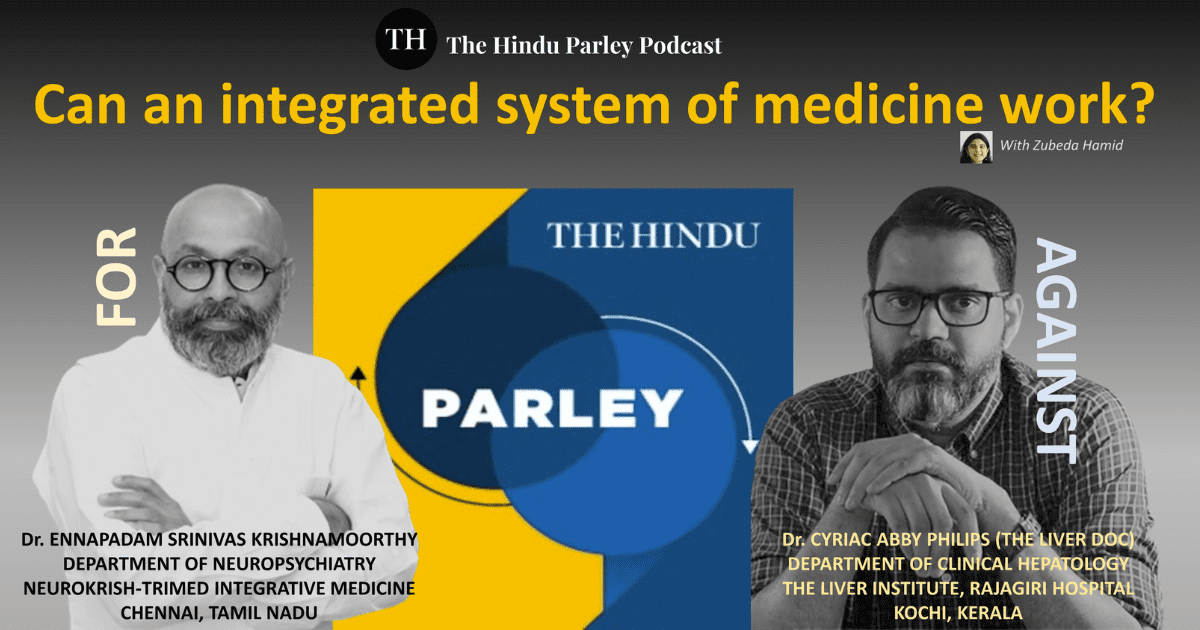Biography
By 9 months of age the infant showed regression in eye-contact and response to call. By the time the child was 1 year old, the father left home, never to return, but provided financial support from afar. Was he shirking his paternal role towards his child with developmental disability? But the well-educated mother took matters in hand, moved in with her parents for logistical and emotional support for the whole family, and devoted her time to Bharath, to quell his hyperactivity at two years and to push his delayed language acquisition to the next level. Paediatric consultations for guidance, regular speech therapy and early Montessori schooling saw Bharath settle comfortably in a mainstream school, with
age-appropriate range of receptive and expressive language, with reading and writing in place by 6 years of age. He continued to be a slow learner.
Was he shirking his paternal role towards his child with developmental disability?
However, the challenge for the family has been the inevitable behaviour problem of ASD – (differently wired!) which is often traced to poor sensory integration, resultant poor holistic perception, hyperactive emotional network with weak frontal lobe inhibitory commands to suppress the eruptions of uncontrolled energy. Bharath’s unprovoked emotional outbursts, with violence directed mainly against his mother (or in destroying objects), is partly an expression of internal hurt, as he is not amnestic of the event, and shows remorse for the behaviour in recent times. He insists on his mother’s undivided attention and spares her little time to devote to his elder sister. These outbursts are fewer over the past 1.6 years since he joined Vidya Sagar, as he receives multimodal therapy, is on regular anticonvulsant, antipsychotic medication and SSRI, and his energies have been channelled, with the focus on academics. He has cleared the Open School Board Examinations in Home Science, English and Computer Data entry, without scribe assistance, and is preparing for the Business Studies examination in October 2017. He will complete all five subjects required for the Board’s 10th Std. Secondary School Certificate in April 2018, when he does the bakery/painting examination – truly a most commendable effort!
With his self-esteem and self-confidence rising, we find Bharath come out of his shell and mingle socially with his peer group at school and with relatives and friends who visit their home. He is Secretary of the local Interact Club, has joined NCC as a cadet and follows cricket and movies on TV with keen interest. He tends to talk excessively, lacks discrimination and even reveals close family concerns to outsiders. The client had seizure disorder which is moderately controlled on medication. Currently he is on the following medication: Syrup Sodium Valproate Extended Release, Zolpidem (Non Benzodiazepine hypnotic), Aripiprazole (Aripiprazole is an antipsychotic preparation and helps control irritable behavior such as aggression, temper tantrums, and frequent mood changes in ASD).
Assessment Reports
The Clinical Specialists Observations –
An intact systemic examination. Neuropsychiatric Inventory reveals intact Higher Mental Function (HMF), reactive affect, normal intelligence and no focal deficit.
EEG Report :
Awake and resting EEG conducted on a standard 10-20 system. Background activity is alpha at 9-10 Hz, with bilateral, generalized paroxysmal sharp wave activity. The EEG is suggestive of seizure disorder.
DST:
Age of 12 years was attained, based on parameters of functioning.
ISAA SCORE:
71- indicating mild autism
CBCL:
Mainly overeating and talking excessively and indiscriminately.
VSMS:
Obtained a social age of 8 years and 9 months, with a social quotient of 58, indicating mild deficits in social adaptive functioning.
ICF Neurodevelopmental Disability Assessment
No structural deficits observed and no limitation of function, minimal activity limitation. Mother and Institution proved to be facilitators.
Response To Therapy
As he developed chicken pox, a break in therapy had to be instituted. Improvement in sleep and behavioural problems were reported at the end of the sessions.
Reviewed One Month After The End Of Therapy
His aggressiveness which was already on the mend, was helped by the therapy to calm him down further. He was advised to continue the medication regimen as before.






